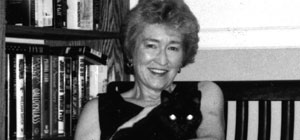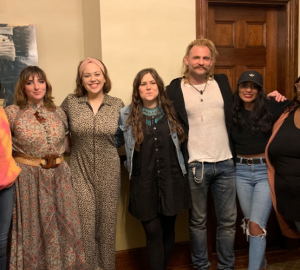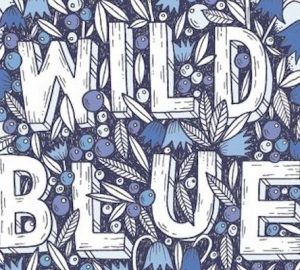
As part of the Ivy Hall Writer Series, the noted mystery writer Martha Grimes came to SCAD Atlanta last week. Grimes might be most well known for her series featuring the detective Richard Jury, an inspector from Scotland Yard. In addition to authoring close to thirty books of fiction, Grimes had taught at several colleges, including the University of Iowa.
The Connector: How do you get your ideas for your novels? Do you find that since you are not a detective or murderer that it’s hard to write about specific murder situations?
Martha Grimes: Are you sure I’m not a murderer? I don’t really get “ideas,” like plot lines. I usually start with just a scene, or a person, or a pub sign. The plot comes along as I write.
TC: Do you write everyday?
MG: I do write every day, or try to. I write novels, but perhaps you’re asking if I do some sort of “warm-up” writing. No, I just sit and get distracted and make tea and so forth until I can finally settle down.
TC: What is your writing setup? How do you get in your zone?
MG: Oh, how I wish I had a zone I could get into every day. I write in longhand in a notebook. After I do that I transfer it to a computer.
TC: How long do you think you will be writing?
MG: Well, at least until I finish my talk at your school.
TC: Did you ever think you would find success like this?
MG: Never. Not for one minute. I can’t even remember daydreaming about success. I certainly daydreamed about getting the first book published, but never thought I’d wind up with a best-seller. Which is just as well since I never meet anybody who’s ever heard of me except on book tours. On book tours, I am constantly surprised by the fact that readers really like my books.
TC: How about the writing industry? What do you like or dislike about it?
MG: I wrote a novel called “Foul Matter” which says a lot about the publishing industry. What I don’t like about it is that so many of the people who run it act like a bunch of babies. Egos galore. What I do like about it is that they publish my books. And others I like.
TC: What do you think about Kindle and the writing world going digital?
MG: I have a Kindle. This sort of device is great on a number of levels. For instance, you can look at a “sample” of a book to see if you like it. Kindle has saved me a lot of money in the buying of hardback books.
However, I see a lot of problems with the whole digital thing. You’ve noticed how many “original” books are published on, say, Amazon. It’s getting to the point where anybody can publish his own book. My first book, like any book that didn’t have an agent, wound up in slush piles. Books had to be culled, saved from the slush pile. What’s beginning to happen now is that the world is our slush pile. So that we all have to be in the position of that reader or assistant editor who had to wade through rivers of junk to find something worthwhile.
TC: What do you want you writers to know about the writing industry?
MG: I don’t think writers should bother thinking about it. If you want to publish a book, well, I guess you have to, but have you got a book? I mean, have you finished a manuscript? Until you do, try not to think about the publishing industry. (It’s much too busy thinking about itself.) And, incidentally, I love to talk about writing and the writing process. The problem will be in shutting me up. Thanks for asking me.























